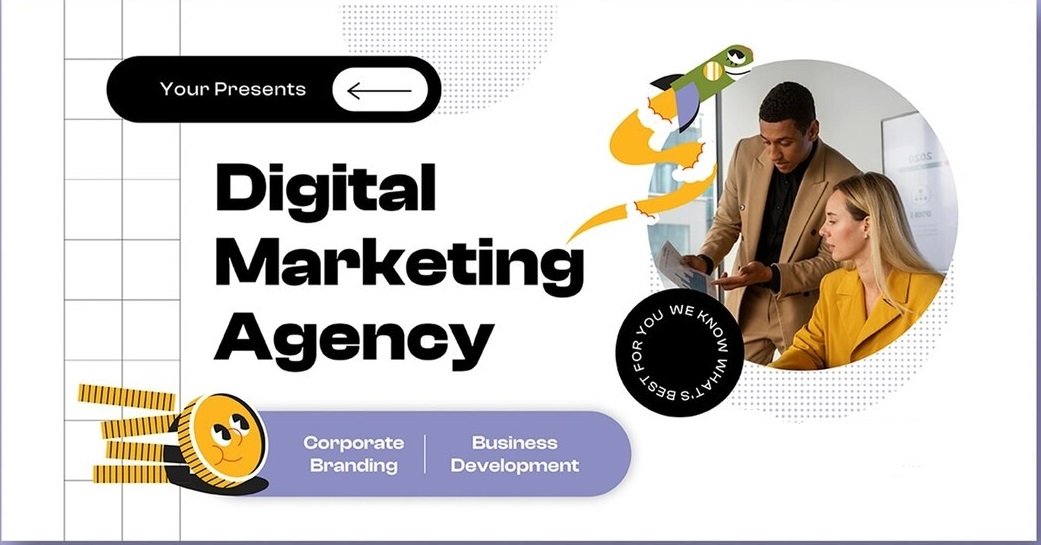
In an era where digital connectivity drives consumer behavior, businesses must adopt innovative marketing strategies to thrive. Digital media marketing has become the cornerstone of success, enabling brands to engage with their audiences, increase visibility, and drive growth. Here are 10 trending digital media marketing strategies, including social media marketing, social media management, and more, that are transforming the digital landscape.
1.Social Media Marketing (SMM)
Social media marketing leverages platforms like Facebook, Instagram, LinkedIn, and TikTok to promote products and engage with audiences. It’s a cost-effective way to reach diverse demographics.
Creating targeted ad campaigns for specific audiences.
Engaging content such as videos, stories, and reels.
Analytics-driven insights to optimize campaign performance.
Social Media Management (SMM)
Beyond marketing, social media management focuses on maintaining a consistent and professional online presence. This includes handling posts, interactions, and customer queries efficiently.
Scheduling and posting content across multiple platforms.
Real-time engagement with followers and customers.
Monitoring brand mentions and feedback to improve online reputation.
Content Marketing
Content marketing is the art of creating valuable, relevant, and consistent content to attract and retain a clearly defined audience. It’s key to building trust and authority in any industry.
Blog posts, articles, and case studies tailored to audience needs.
Infographics, videos, and eBooks for visual engagement.
Search Engine Optimization (SEO) integration to boost organic traffic.
Pay-Per-Click (PPC) Advertising
PPC is a paid marketing strategy where advertisers pay a fee each time their ad is clicked. Platforms like Google Ads and Bing Ads make it easy to reach potential customers instantly.
Keyword bidding to secure top ad placements.
A/B testing of ad creatives for improved conversion rates.
Detailed analytics to track return on investment (ROI).
E-Commerce Marketing
E-commerce marketing encompasses strategies to drive traffic and sales for online stores. It combines SEO, PPC, social media, and email marketing to maximize conversions.
Optimizing product pages for search engines.
Running retargeting ads to recover abandoned carts.
Leveraging marketplaces like Amazon and eBay for extended reach.
Email Marketing
Email marketing remains one of the most cost-effective digital strategies. Personalized campaigns help businesses nurture relationships and encourage repeat purchases.
Automated email sequences for lead nurturing.
Personalized offers and promotions based on user behavior.
Segmentation of email lists for targeted messaging.
Influencer Marketing
Influencer marketing uses social media personalities with large followings to promote products or services. It’s a powerful way to build trust and reach niche audiences.
Partnering with influencers relevant to your brand.
Sponsored posts, reviews, and unboxing videos.
Performance tracking using affiliate links or promo codes.
Video Marketing
Video marketing continues to dominate as a preferred content format. Platforms like YouTube, Instagram, and TikTok provide opportunities to create engaging video content.
Creating tutorials, product demos, and behind-the-scenes videos.
Using short-form videos for platforms like TikTok and Instagram Reels.
Optimizing videos for SEO with proper tags and descriptions.
Search Engine Marketing (SEM)
SEM combines paid and organic strategies to increase visibility on search engines. It includes techniques like Google Ads and advanced SEO practices.
Creating search ads for highly competitive keywords.
Optimizing landing pages to improve quality scores.
Combining paid search with organic efforts for maximum reach.
Affiliate Marketing
Affiliate marketing enables businesses to partner with affiliates who promote their products for a commission. It’s a performance-based model that drives sales without significant upfront costs. Providing affiliates with unique tracking links or codes.
Offering tiered commission structures to motivate affiliates.
Monitoring affiliate performance through specialized platforms.
Conclusion
Digital media marketing is no longer optional; it’s a necessity for businesses looking to remain competitive. From social media management to e-commerce marketing and beyond, these trending strategies cater to different business goals and audience types.
By leveraging these methods, businesses can enhance their online presence, connect with their target audience, and achieve measurable results. Whether you’re a startup or an established brand, adopting a combination of these strategies ensures long-term success in the digital age.


